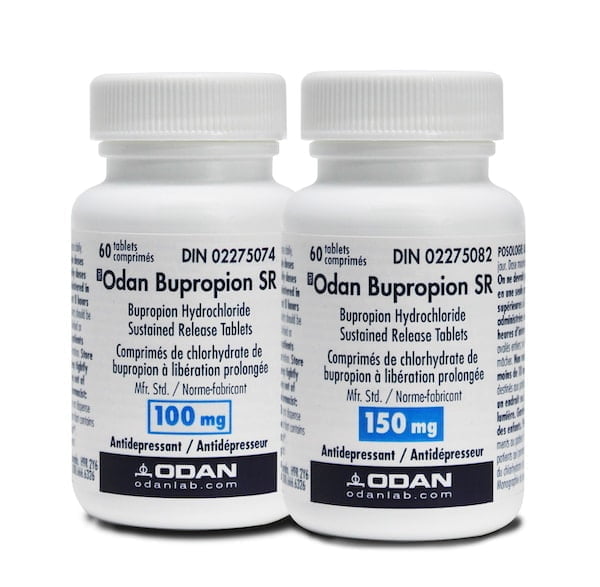Bupropion overdose presents a critical medical emergency that necessitates prompt attention. Commonly known under the brand names Wellbutrin and Zyban, bupropion is an antidepressant utilized to manage depression and various other mental health conditions.
The medication operates by elevating the levels of specific chemicals in the brain responsible for mood regulation. However, an excessive intake can result in severe side effects, and in some cases, it can be fatal if not managed swiftly.
Symptoms of Bupropion Overdose
Signs of a bupropion overdose may include:
- Confusion
- Agitation
- Seizures or convulsions
- Rapid heartbeat
- Sweating
- Nausea and vomiting
- Hallucinations or delusions
- Blurred or double vision
- Difficulty breathing
- Chest pain
- Loss of consciousness
- Coma and potential death
Moreover, an overdose might induce irregular heartbeats—termed arrhythmias—that can culminate in cardiac arrest, posing a lethal threat due to its impact on the cardiovascular system.
Unaddressed symptoms can exacerbate, leading to life-threatening outcomes. Hence, urgent medical intervention is paramount in cases of suspected overdose.
Treatment for Bupropion Overdose
Managing a bupropion overdose entails supportive care and the administration of activated charcoal, which binds with the drug in the stomach to hinder its absorption. Medical interventions may be crucial, including intravenous fluids, respiratory support, and dialysis.
It’s essential to recognize that bupropion, as an antidepressant, might provoke suicidal thoughts and behaviors. Therefore, strict monitoring is often crucial. In severe scenarios, admission to an intensive care unit may be needed for more comprehensive management. Addressing any underlying mental health conditions contributing to the overdose is equally important.
Conclusion
In conclusion, a bupropion overdose is an urgent medical crisis that warrants immediate professional intervention due to its potential for long-term complications, such as permanent organ damage or failure, respiratory failure, cardiac arrest, stroke, coma, paralysis, neurological deficits, cognitive impairment, blindness, and deafness, depending on the severity.
Swift treatment is crucial if an overdose is suspected. Ensure to get a thorough evaluation and an effective management plan to secure a safe recovery and prevent further harm.
